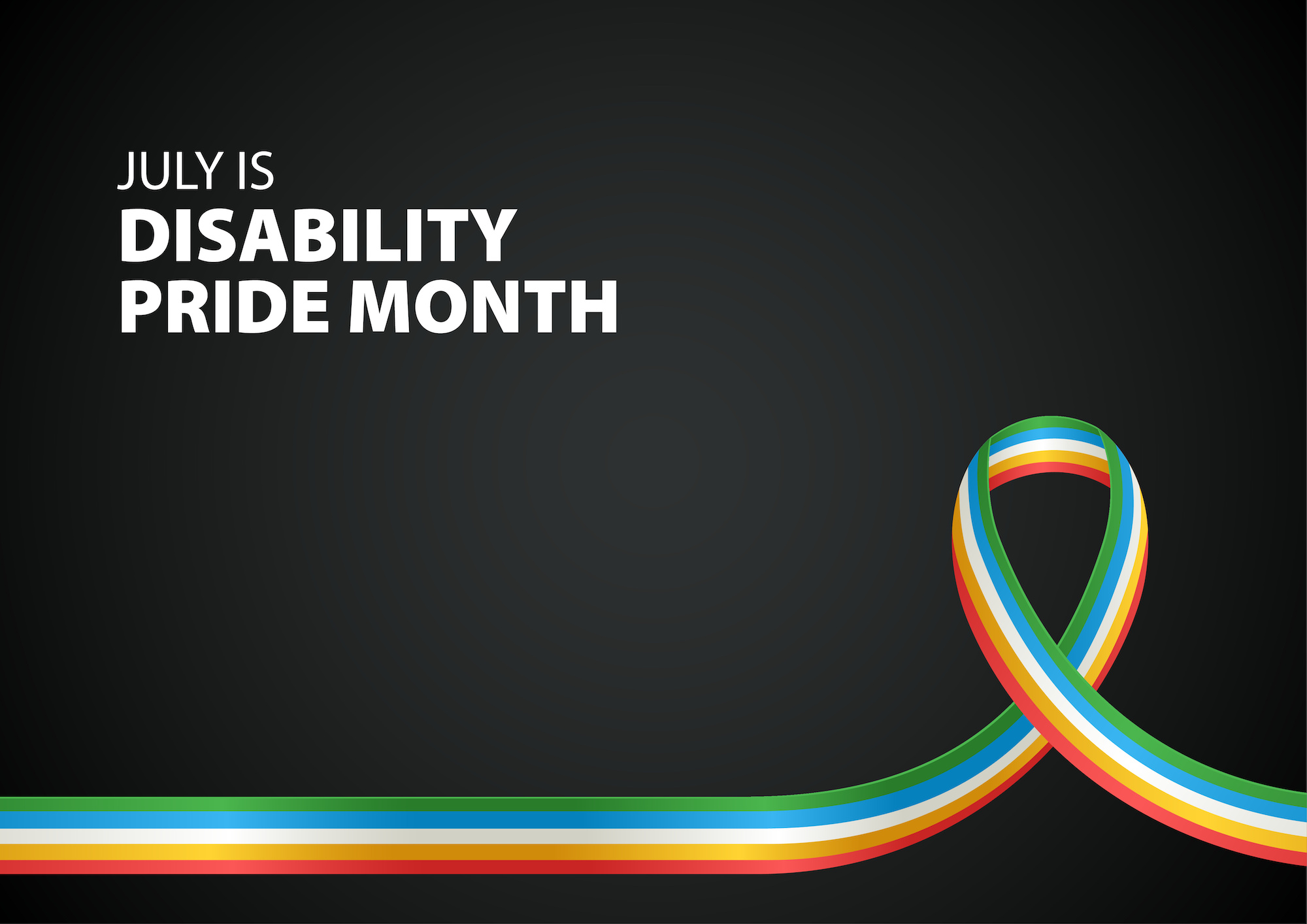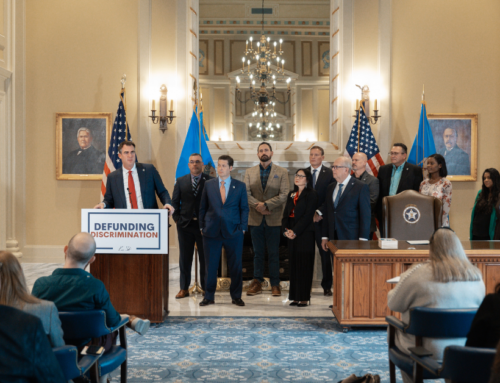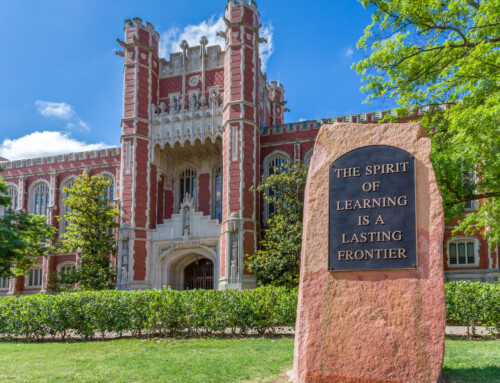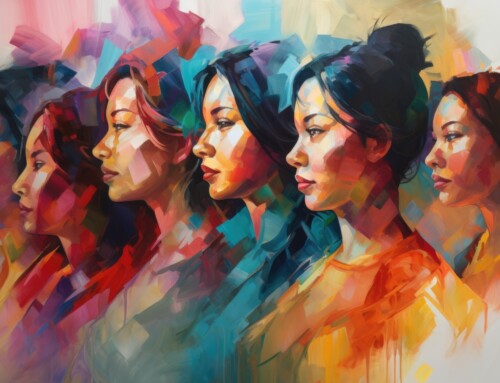Introduction
As my husband Adam and I engaged in a heartfelt conversation about the significance of marginalized communities, including the historical contributions of the Black Panthers, coming together for positive change, a powerful realization dawned upon us. Embracing disability pride and fostering collaboration with other marginalized groups, with a historical connection to the Black Panthers, can lead to transformative social change. In light of the ADA anniversary and during this Disability Pride Month, we aim to celebrate the progress made, advocate for unity, and honor the historical contributions that have paved the way for a more inclusive and equitable world.
Understanding Disability Pride
Disability Pride is more than a celebration of identity; it is a powerful assertion of belonging and empowerment. It allows individuals with disabilities, like my husband Adam, to embrace their unique experiences, strengths, and contributions to society. By proudly acknowledging our disabilities, we challenge stereotypes, break down barriers, and advocate for equal opportunities.
The Black Panther Party, a prominent civil rights and social justice organization founded in 1966, is renowned for its activism against racial oppression and inequality. However, their contributions extended beyond addressing racial issues alone. The Black Panthers played a crucial role in advocating for disability rights and accessibility, particularly during the ADA sit-ins at the U.S. Capitol in the early 1990s.

Intense Black Power Movement: A Group of People in the Black Panthers Party Raising Their Fists – Generative AI
ADA Sit-ins and the Black Panthers: A Historical Connection
In 1990, disability rights activists organized a series of sit-ins at the U.S. Capitol to advocate for the passage of the Americans with Disabilities Act (ADA). This landmark legislation aimed to eliminate discrimination against individuals with disabilities and ensure their full participation in society. The ADA sought to protect the rights of individuals with disabilities in areas such as employment, public accommodations, transportation, and telecommunications.
During the ADA sit-ins, disability rights activists, including individuals with various disabilities, advocates, and allies, gathered at the Capitol to make their voices heard. The Black Panther Party, known for its commitment to justice and equality, expressed solidarity with the disability rights movement and actively participated in the sit-ins.
The Role of Solidarity and Intersectionality
The Black Panthers’ involvement in the ADA sit-ins exemplifies the power of solidarity and intersectionality in advocacy. Solidarity refers to the unity and support shown by one group to another in their struggles for justice and equality. Intersectionality recognizes that individuals may experience multiple forms of oppression based on various intersecting aspects of their identities, such as race, gender, disability, and more.
The Black Panthers’ understanding of the interconnectedness of social justice issues led them to support disability rights alongside their ongoing efforts in the civil rights movement. By standing with disability rights activists, they showcased a commitment to fighting for justice and equal rights for all marginalized communities.
Impact and Legacy
The ADA was signed into law on July 26, 1990, marking a significant milestone in the fight for disability rights. The Act has since led to significant improvements in accessibility and inclusivity for individuals with disabilities across the United States.
The Black Panthers’ involvement in the ADA sit-ins contributed to raising awareness about disability rights and creating a broader coalition of advocates pushing for the legislation’s passage. Their solidarity with disability rights activists showcased the importance of collective action in driving social change.
Continuing the Legacy of Unity
As we commemorate the ADA anniversary and celebrate Disability Pride Month, it is essential to honor the historical connections between various social justice movements. Embracing disability pride and practicing intersectional advocacy can further amplify the voices of marginalized communities and create a more inclusive and equitable world.
By recognizing the historical contributions of the Black Panthers and their involvement in the disability rights movement, we are reminded of the strength that comes from collaboration among marginalized groups. Together, we can build on the legacy of unity, demanding justice, equality, and empowerment for all individuals, regardless of their identities.
As we strive for progress, let us remember that the fight for social justice is interconnected, and by standing together, we can create transformative change in our society.
Collaboration: A Path to Inclusivity
Collaboration among marginalized communities fosters an inclusive approach to advocacy. By recognizing and appreciating the diversity within and across groups, we can work together to dismantle oppressive systems and uplift one another. It is through collaboration that we can transform society for the better.
Advocating for Equal Opportunities
As we embrace disability pride, champion intersectional collaboration, and honor historical connections, we advocate for equal opportunities for all. Access to education, employment, healthcare, and other essential services should not be limited by one’s identity. By standing together, we demand equitable treatment and dismantle the barriers that hinder progress.
Conclusion
During this Disability Pride Month and in honor of the ADA anniversary, let us come together as a united front for change. Embracing disability pride, practicing intersectional advocacy, and recognizing historical contributions such as those of the Black Panthers, we can make a profound impact on the world. By joining forces with other marginalized communities, we become a powerful force for social justice, equity, and inclusivity.
As we move forward, let us remember that unity is our strength. Together, we can create a future where all individuals, regardless of their identities, are embraced, empowered, and celebrated for their unique contributions to our shared humanity.




